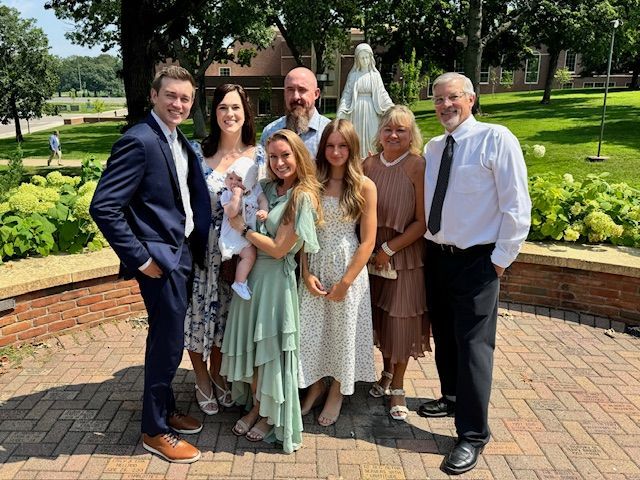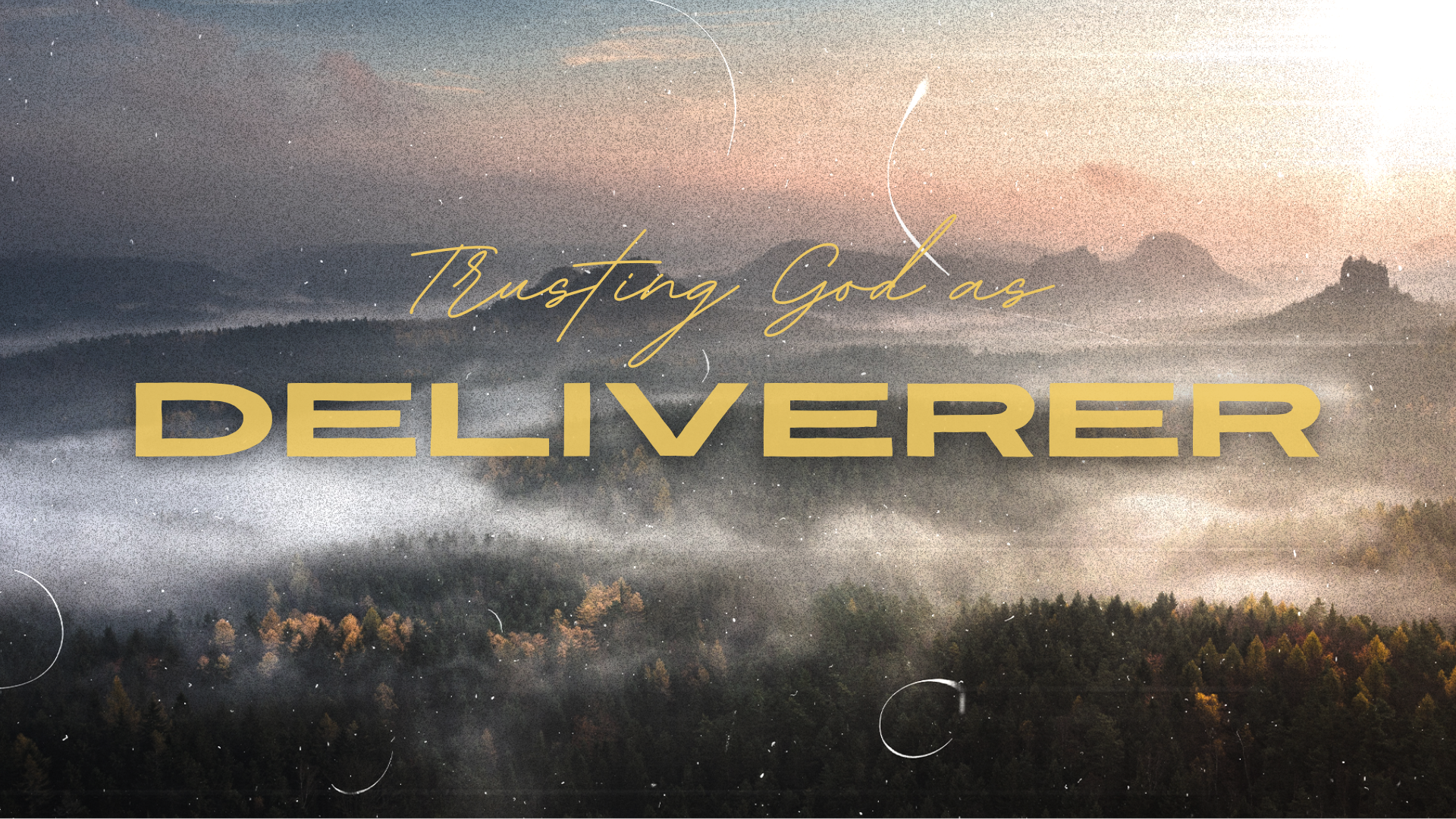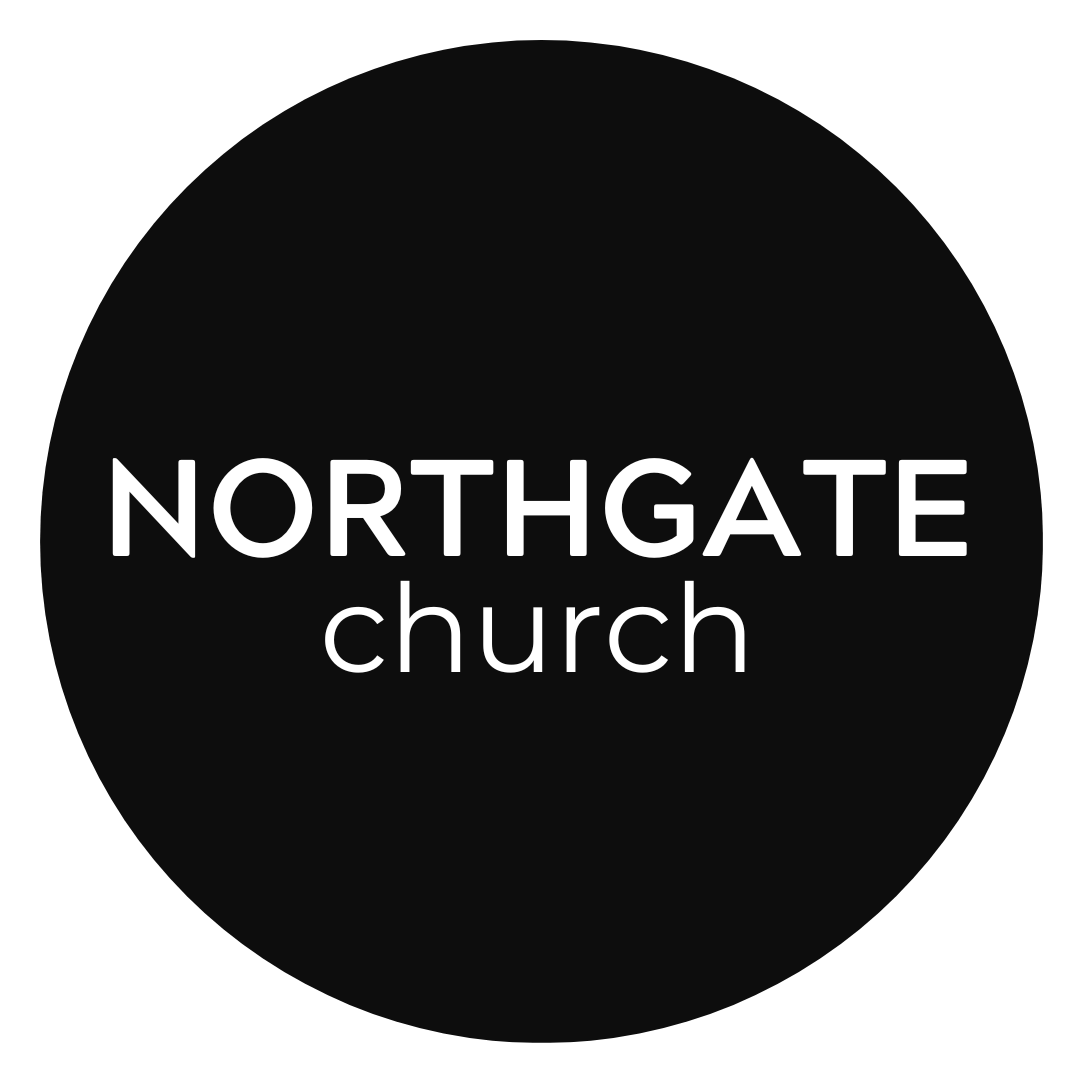August 29, 2024
Can you believe it? Summer is almost over! The summer has been filled with both activities—Night to Unite, Day at the Lake, Time 2 Play—and teachings—Understanding the Battle, First Things First, and Messy Spirituality. A common thread through these teachings is the idea that godly living takes some effort. To avoid confusion about what effort looks like, let's pop in to two passages real quick... Ephesians 2:8-10 says, “For it is by grace you have been saved, through faith—and this is not from yourselves, it is the gift of God—not by works, so that no one can boast. For we are God’s handiwork, created in Christ Jesus to do good works, which God prepared in advance for us to do.” Similarly, Philippians 2:12-13 states, “T herefore, my dear friends, as you have always obeyed—not only in my presence, but now much more in my absence—continue to work out your salvation with fear and trembling, for it is God who works in you to will and to act in order to fulfill His good purpose.” It's evident that salvation is not earned through works; it's a result of God’s grace and mercy, initiated and completed by God alone. Dallas Willard often quipped “Grace is not opposed to effort, grace is opposed to earning.” The distinction is that effort is an action by which we join God in what He is doing. Practically speaking, effort is a necessary part of life. All of us make efforts, either with God or without God. Earning is something different. Earning is an attitude that reasons "someone owes me for the efforts" , and wrongly believes that "I can secure what I want (including salvation) by my efforts." It’s clear from these passages that salvation is a gift that cannot be earned and that God, anticipating our efforts to respond, has even been preparing to work with us in advance. And what are His good purposes for us? To mature in faith in Him To grow in obedience to Him To bear much fruit for Him This concept can be explored through an acronym using the word—yep, you guessed it—EFFORT! Each letter represents two words: the first is the effort required, and the second is the spiritual result it brings to the Christian walk. As we will see, these “efforts” always yield spiritual outcomes in our journey with the Lord. ENERGY: Energy spent builds Endurance. Hebrews 12:1-2 says, “Therefore, since we also have such a large cloud of witnesses surrounding us, let us lay aside every hindrance and the sin that so easily ensnares us. Let us run with endurance the race that lies before us.” The Greek word for endurance is hupomone , which conveys the concept of having the strength to keep going even when exhausted. Some versions use the word perseverance, which is similar in meaning. A professional athlete trains to build skill sets, muscle memory, and stamina. Similarly, as Christians, training in spiritual matters builds spiritual skill sets (such as understanding the Bible and hearing God’s voice), spiritual muscle memory (knowing what to do based on past experience), and spiritual stamina (refusing to give up because God is with us). Three actions can help train for running a good race: Study the Bible regularly, daily if possible. Our culture is in sensory overload, bombarded with images and ideas from morning until night. This is a tactic of the enemy to distract from what is important and tear apart the fabric of faith. It is crucial to counter the world's ungodly input with Godly concepts. Romans 12:2 says, “Do not conform to the pattern of this world, but be transformed by the renewing of your mind. Then you will be able to test and approve what God’s will is—His good, pleasing, and perfect will.” Reading the Word transforms the mind by filling it with Godly concepts. Pray daily. Pray often. Prayer is a conversation with God, not merely presenting a list of requests. It is a dialogue, not a monologue. Learn to listen to God—He truly desires to speak with us! Meaningful communication is vital in any relationship, and prayer will revolutionize a relationship with God, leading to deeper intimacy with Him. Worship every chance possible. Worship is more than singing; it is expressing love and appreciation to God. It can be kneeling, lifting hands, or simply sharing feelings with Him. Psalm 22:3 says, “But thou art holy, O thou that inhabitest the praises of Israel.” God inhabits the praises of His people, and worship brings His presence into any environment. Thus, the Word of God transforms the mind, prayer transforms the relationship with Him, and worship transforms the environment. FORGIVENESS: Forgiveness brings Freedom. Forgiveness is at the heart of Christianity. Romans 5:8 states, “But God demonstrates His own love for us in this: While we were still sinners, Christ died for us.” Psalm 130:4 adds, “But with You there is forgiveness, so that we can, with reverence, serve You.” Without God’s forgiveness, we would still be lost in sin, unable to serve Him with reverence. God initiated the reconciliation by forgiving us, changing our status from slaves to sin to members of His family forever (John 8:34-35, 36; Romans 8:2). Is God’s gracious act of forgiveness solely meant to set us free from sin and change our relationship with Him? Absolutely not. Christians are called to bear fruit for the Kingdom, becoming the image of Christ to a lost world—a living sermon, as it were. A lifestyle of forgiveness toward others is essential for spiritual maturity. What happens if one chooses not to live a lifestyle of forgiveness? Matthew 6:14-15 warns, “ For if you forgive other people when they sin against you, your heavenly Father will also forgive you. But if you do not forgive others their sins, your Father will not forgive your sins.” Unforgiveness can bind one in sin. The story of the unforgiving servant in Matthew 18:23-35 illustrates this kingdom principle, showing how an unforgiving spirit can hinder both the ability to forgive others and to receive forgiveness. God paid the ultimate price to forgive and set humanity free from sin, making it possible to be in relationship with Him. Forgiveness is a kingdom principle that must be followed to keep the heart open to God’s forgiveness through Christ. Faith is demonstrated through actions. FAITHFULNESS: Faithfulness brings God’s Favor . Faithfulness is defined as having the characteristics of one who keeps promises and follows through on commitments. Such a person is reliable, trustworthy, steadfast, and unwavering. In Galatians 5:22-23, faithfulness is listed as a fruit of the Holy Spirit, a characteristic of God Himself. As God builds His image in believers, faithfulness is a trait He seeks to develop. Does the favor of God exist? Isaiah 66:2b says, “These are the ones I look on with favor: those who are humble and contrite in spirit, and who tremble at my word.” Humility is understanding God’s greatness and being brought low by that understanding. Contrition is feeling sorry for sins and desiring forgiveness. Trembling at God’s Word means taking it seriously and embracing its teachings. The story of the prodigal son in Luke 15:11-32 illustrates God’s favor, particularly in the interaction between the father and the oldest son. The older son had everything he needed and desired, including his father’s presence. He labored faithfully and never disobeyed his father, living under the umbrella of his father’s favor. Similarly, a believer's relationship with and obedience to God keeps them under the umbrella of His favor. John 14:15 and 21 reinforce this idea: “If you love me, keep my commands,” and “Whoever has my commands and keeps them is the one who loves me. The one who loves me will be loved by my Father, and I too will love them and show myself to them.” Obedience does not earn salvation, but it deepens the relationship and interaction with God. OBEDIENCE: Obedience demonstrates Obeisance. Obedience is vital to a relationship with the Lord and Savior. Many Christians desire a savior to keep them out of hell but resist having a Lord who makes demands on their lives. There is a growing ideology, especially in America, that suggests God understands shortcomings and is okay with them, implying no need for change because He accepts people as they are with no strings attached. However, this ideology is not supported by Scripture. In fact, Scripture teaches the opposite—that believers should be changing into a better likeness of Jesus every day (2 Corinthians 3:18; Ephesians 4:22-24; Colossians 3:8-10). The process of “killing” the old self and putting on the new self is a lifelong journey, as highlighted in our Messy Spirituality message series. God is patient, ensuring His mercy is new every morning and never fails. Obedience is crucial, but what is obeisance ? It is an old practice of making a vow of obedience by a vassal to a lord or a slave to a master, demonstrating submission to one who has authority. Paul considered himself a bondservant or slave of Christ because Jesus had redeemed him from the hand of Satan. Christians should view themselves similarly. Thus, obedience directly demonstrates obeisance, the willingness to submit to the master. While this may challenge modern sensibilities, believers must remember they are submitting to One who loves them more than anyone ever could. Jesus made obedience easy in John 14:15, saying, “If you love me, keep my commands.” REPENTANCE: Repentance builds Relationship. Repentance involves a change of mind, heart, and direction, transforming actions and attitudes. It is a lifestyle, not a one-time event. Throughout one’s life, every moment should be lived in such a way that brings honor and glory to God. Living this way is impossible without first embracing repentance. The journey begins with salvation, as the Holy Spirit convicts of sin, righteousness, and judgment. The willingness to respond to this conviction reflects a repentant heart. Salvation cannot occur without a lifestyle of repentance. And while believers may stumble, God’s mercy is always available to those who desire to return. Ephesians 4:30-31 emphasizes the importance of living righteously to avoid grieving the Holy Spirit. When believers are sealed with the Spirit at salvation, the relationship becomes intimate. In the spiritual realm, the intimate relationship between the Holy Spirit and the believer is likened to marriage. The story of the prodigal son, who returned to his father in repentance, shows how the father (God) did not shun him but celebrated his return. God’s Word urges all people to return to Him through repentance to avoid judgment and to live a life that brings honor to Him. Repentance is a kingdom principle that Christians should live by. It is a transformative process of changing thoughts, actions, and attitudes to align with God’s will. The result is a deep, intimate relationship with the Holy Spirit and a life that reflects God’s glory. TRUST: Trust builds Thankfulness. Trust is fundamental to any relationship, and the relationship with God is no exception. Trusting God means relying on His promises, believing in His character, and depending on His wisdom. Trusting God is essential for spiritual growth, and it leads to a life filled with thankfulness. In Proverbs 3:5-6, the Bible instructs, “Trust in the Lord with all your heart and lean not on your own understanding; in all your ways submit to Him, and He will make your paths straight.” Trusting God requires submitting to His will, even when it is difficult to understand. When believers trust in God’s sovereignty, they can be thankful for His guidance, provision, and protection. A life of trust and thankfulness is a life that honors God. Trusting God in all circumstances, even in the face of challenges, leads to a heart of gratitude. Thankfulness becomes a natural response to God’s faithfulness, and it deepens the relationship with Him. As believers trust God more and more, they become more aware of His presence in their lives. This awareness fosters a sense of thankfulness for His continuous work in their lives. Trust and thankfulness are intertwined, as trust leads to gratitude and gratitude strengthens trust. In conclusion, godly living takes effort, and the rewards are immense. As believers, let's strive to live godly lives, experience spiritual growth, deepen our relationship with God, and move toward the fulfillment of His purposes for our lives. Through energy, forgiveness, faithfulness, obedience, repentance, and trust, we can live lives that reflect the glory of God and bring honor to His name.













